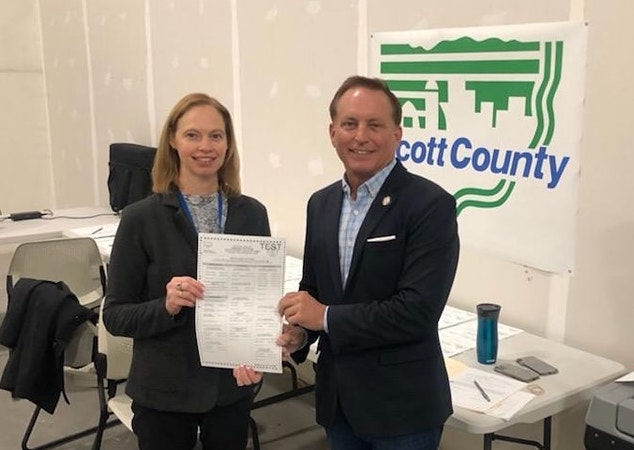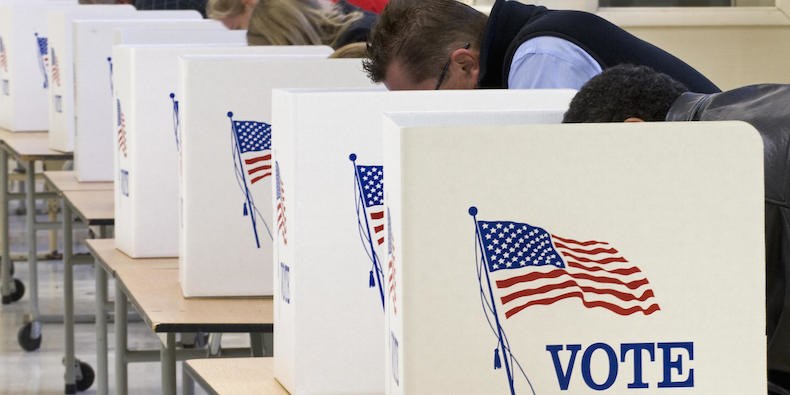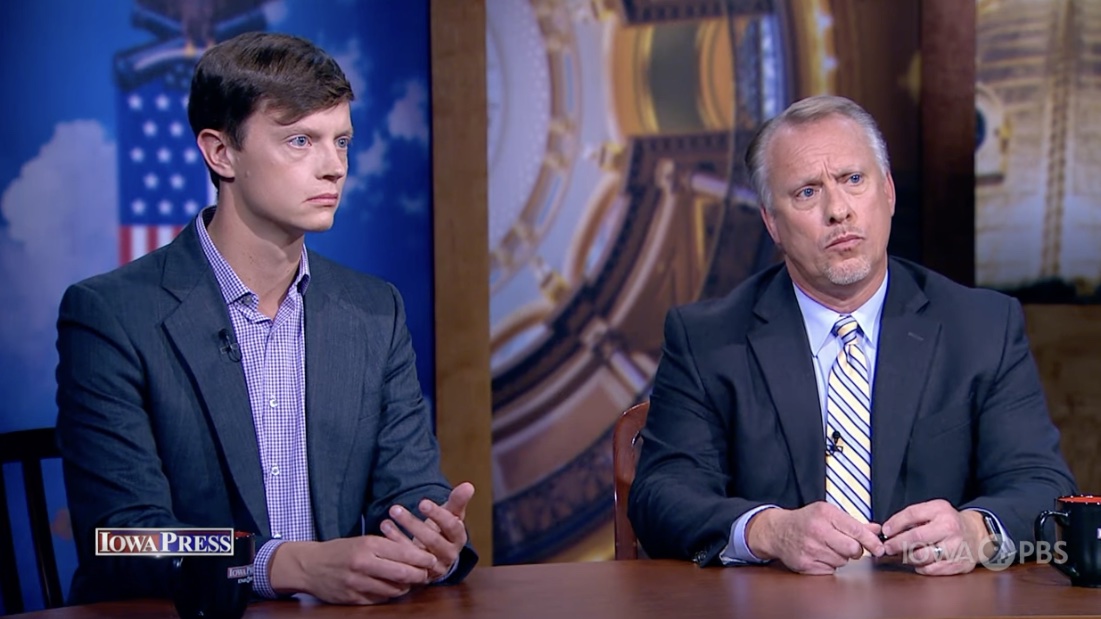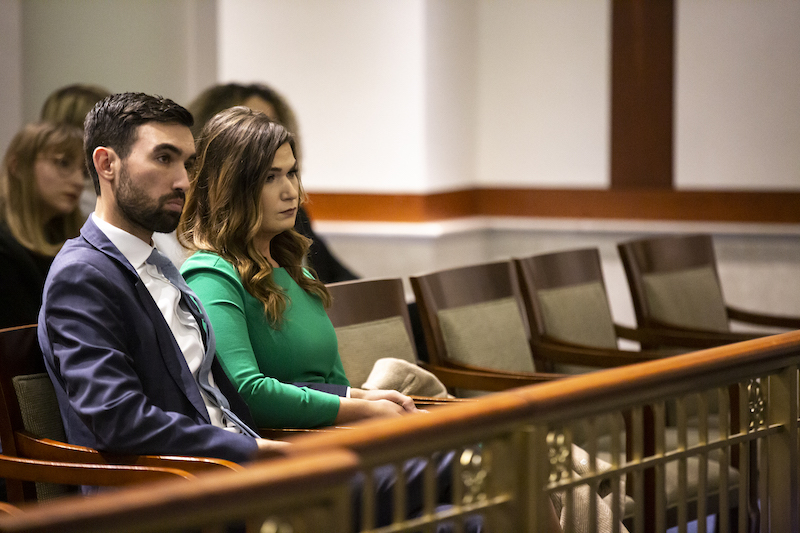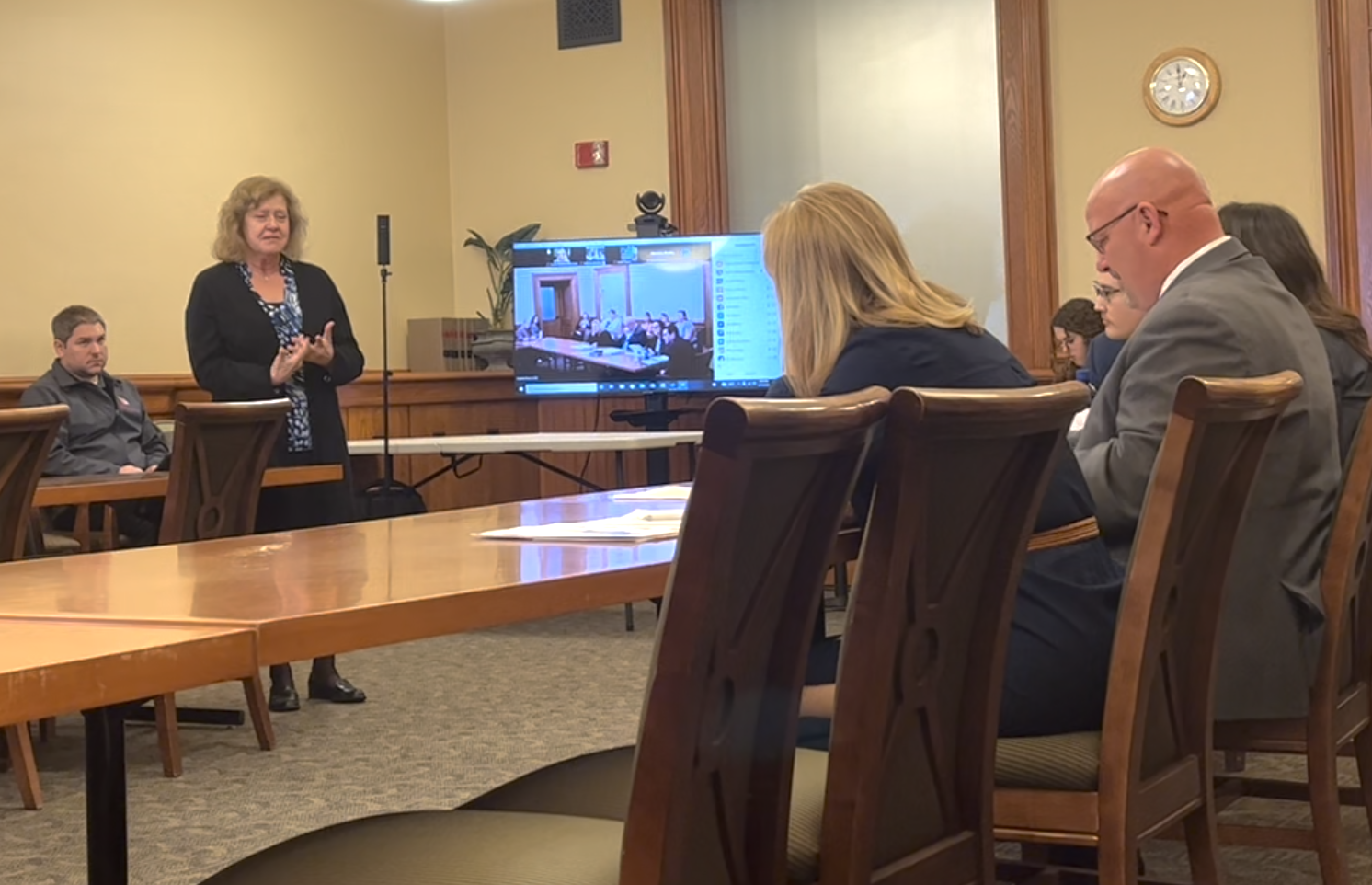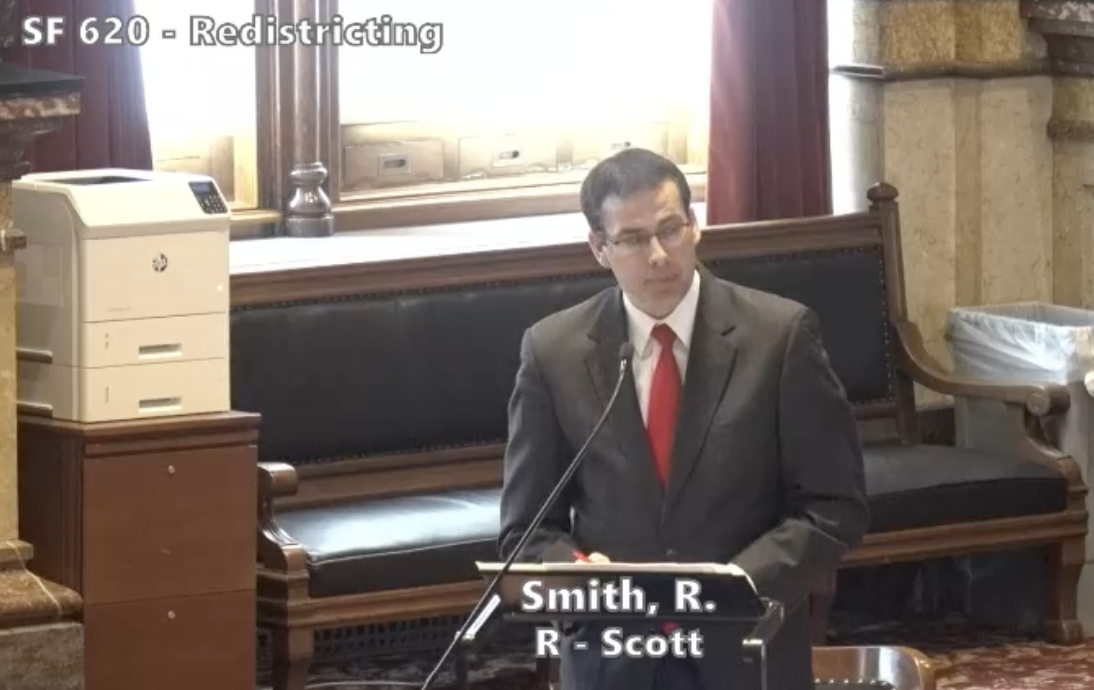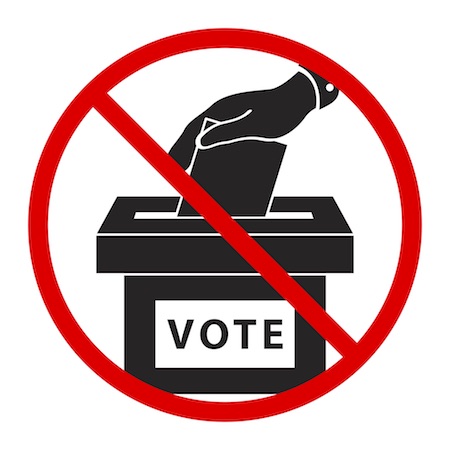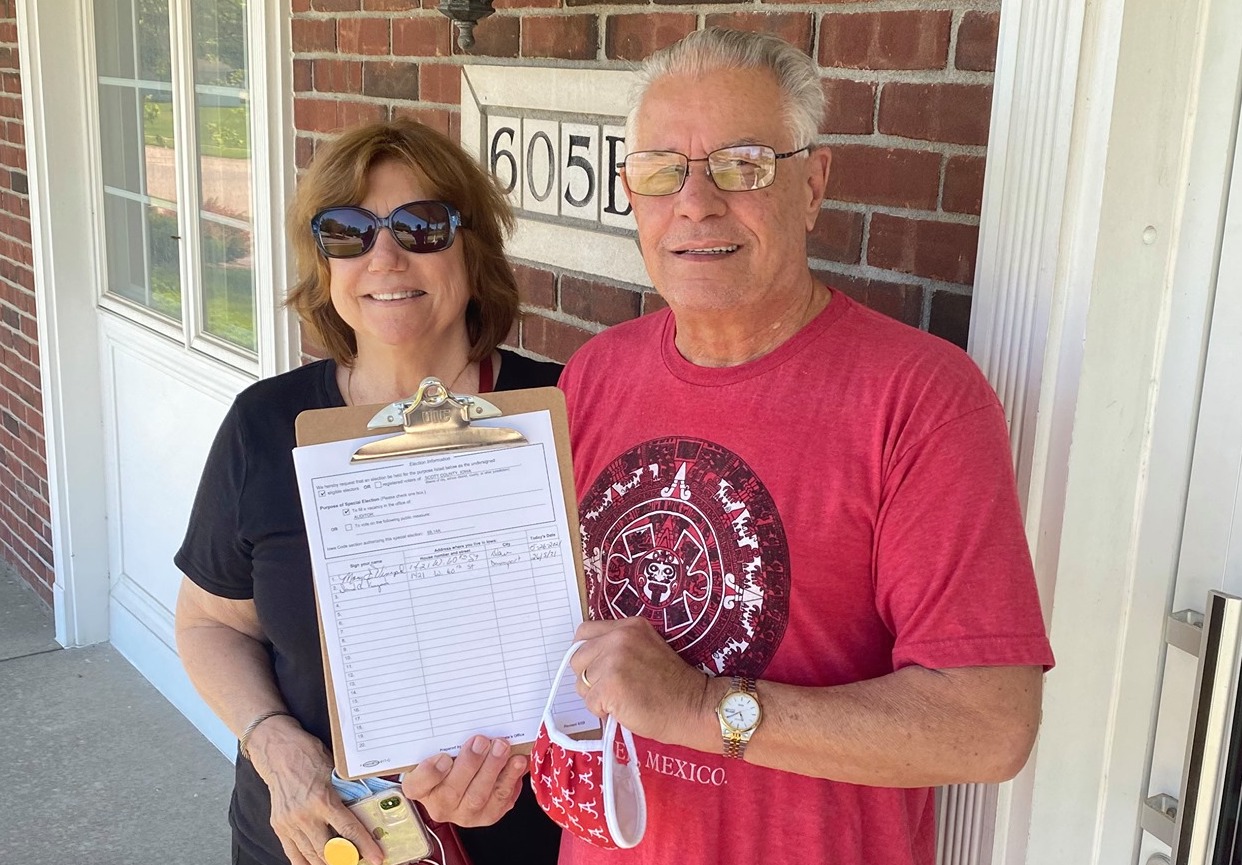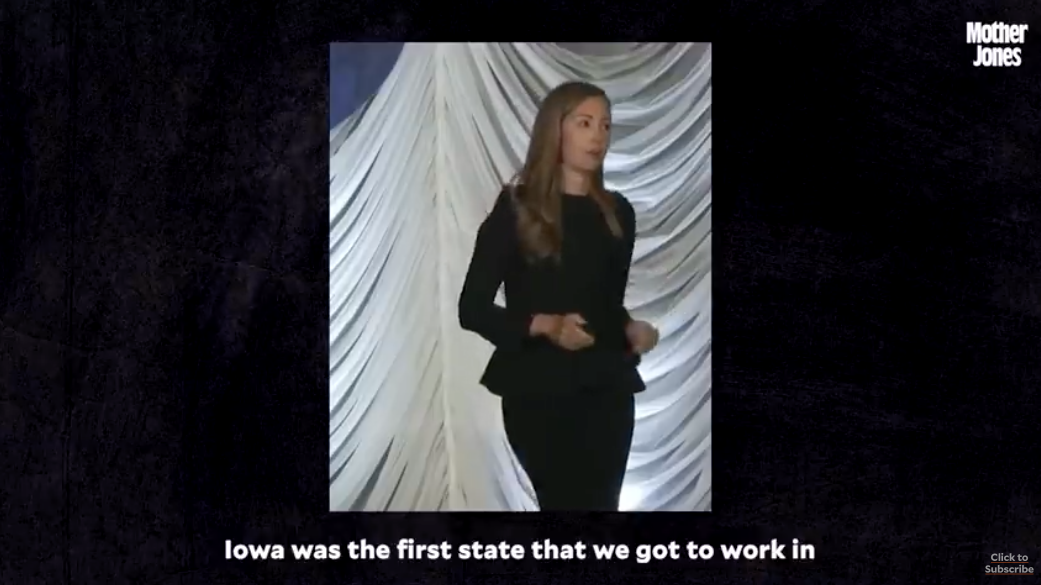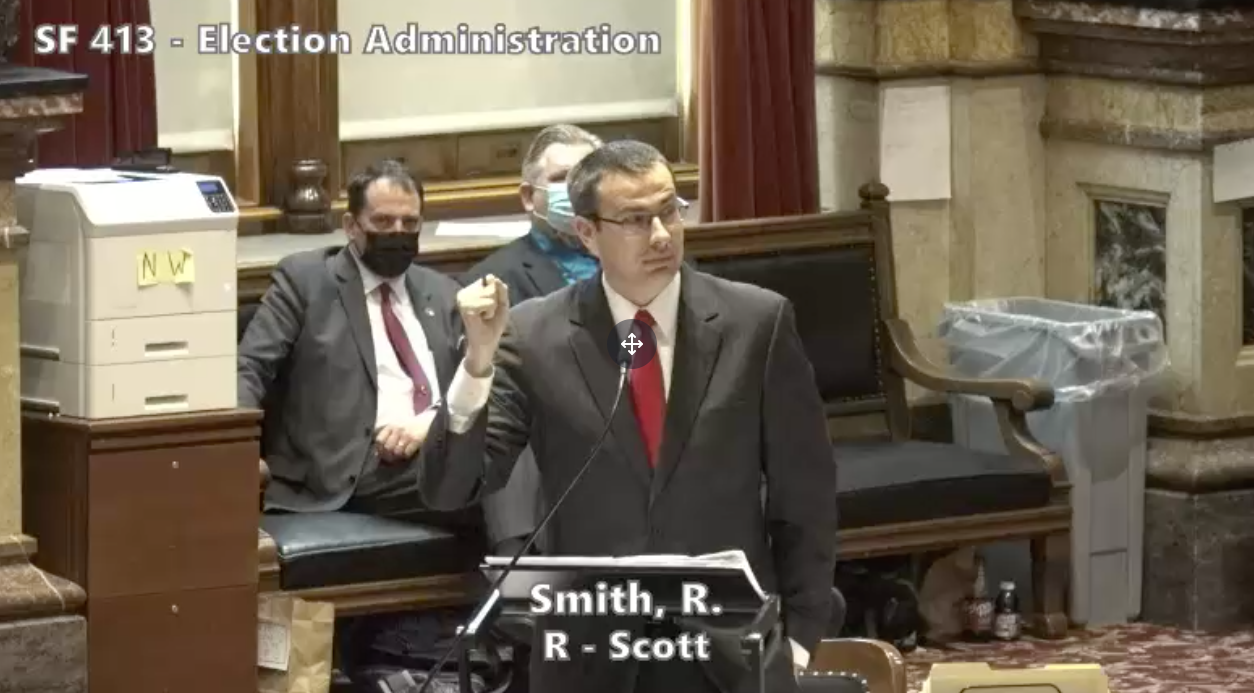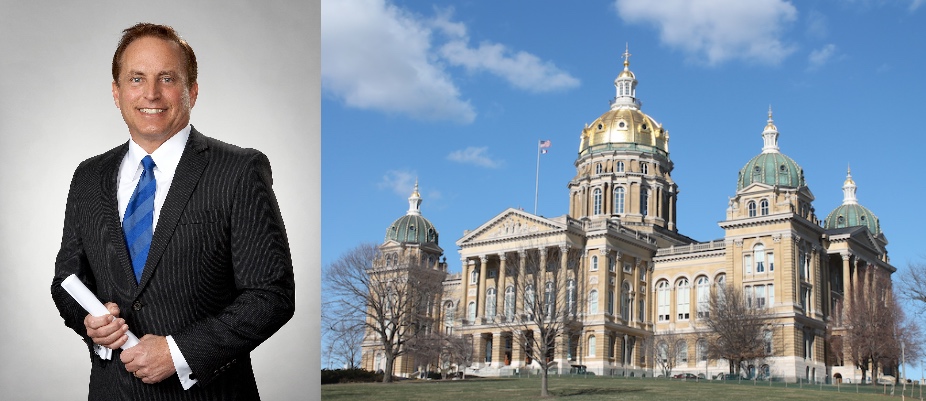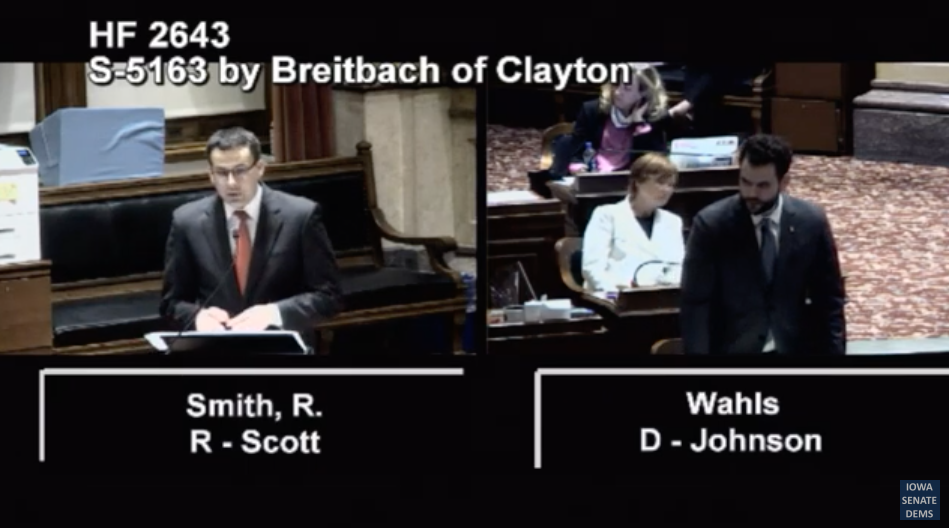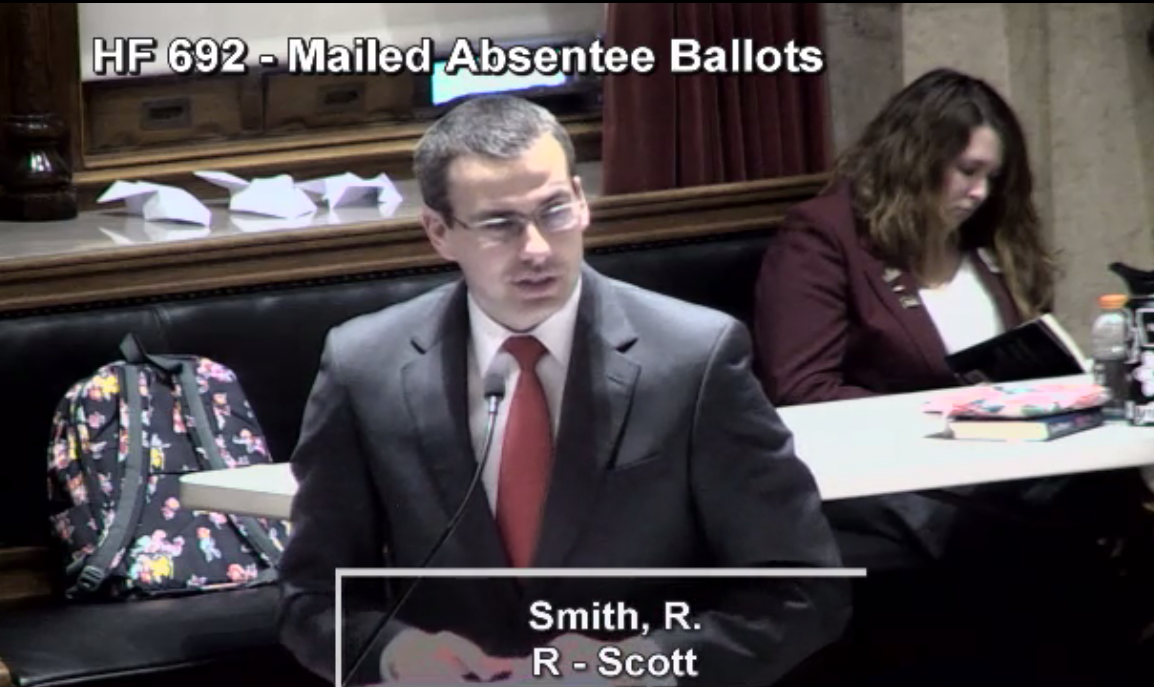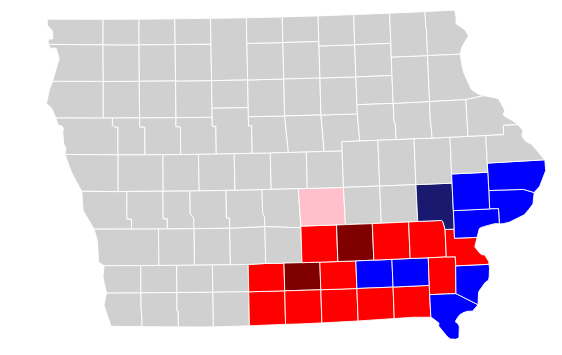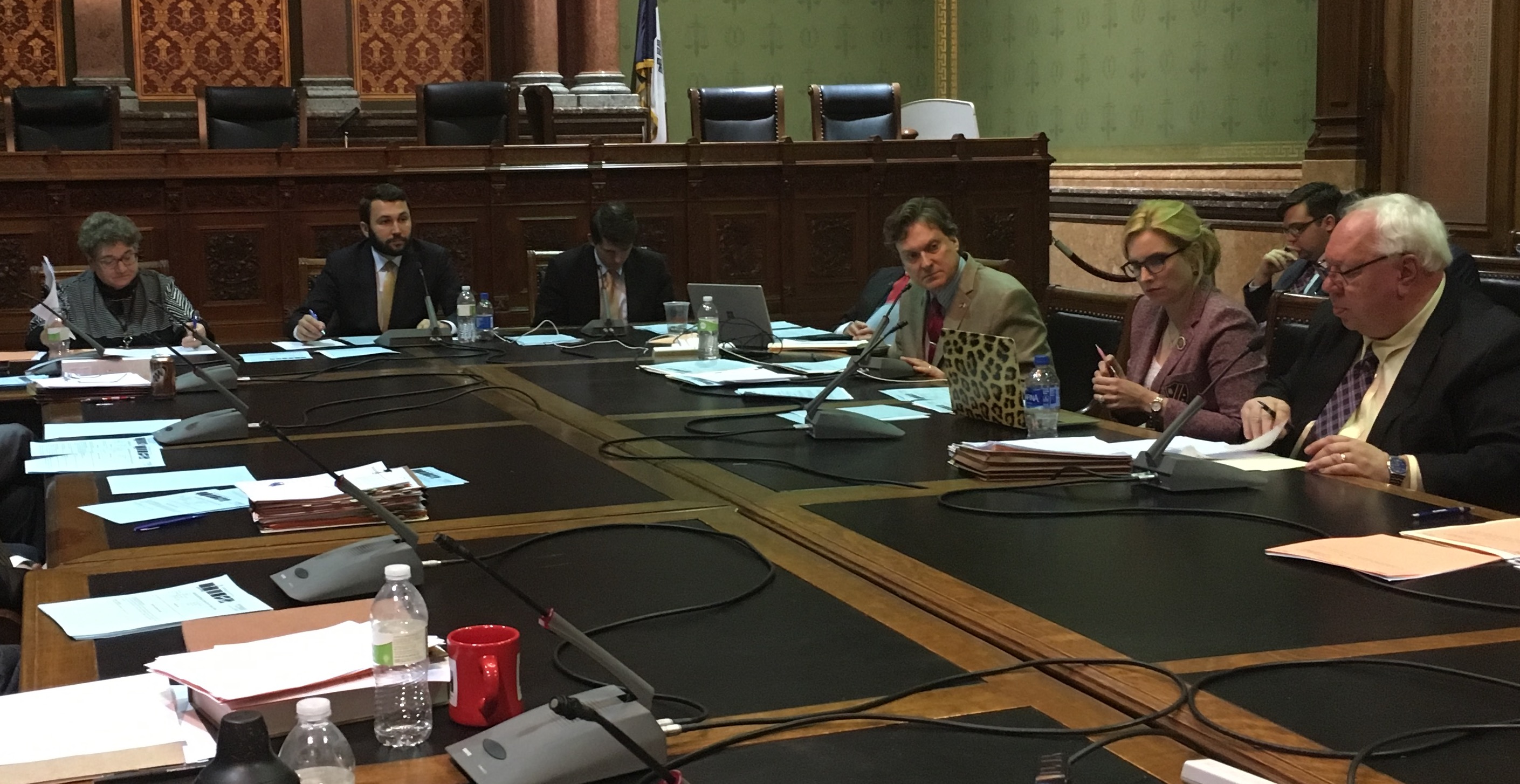It’s been a while since Bleeding Heartland posted a thread dedicated to the Iowa Senate races. Democrats go into the election with a 26 to 24 majority in the upper chamber, where 25 of the 50 districts are on the ballot this year. Only a handful of those races appear to be competitive.
Carolyn Fiddler, who blogs about state legislative races here, has rated the Iowa Senate as a “Tossup/Tilt D” chamber on her list of state legislative chambers most likely to flip. In those terms, I consider the Iowa Senate a “lean D” chamber, as a lot has to break for Republicans to get them to 26 seats.
In theory, Democrats are defending six seats: five incumbents have challengers, and one Democratic-held seat is open. In reality, Republicans have failed to mount strong challengers against Amanda Ragan in Senate district 27 or Tod Bowman in Senate district 29. Moreover, the Iowa GOP is not putting significant money behind Jeremy Davis, its challenger in Senate district 23. Davis has just started running some positive radio ads in the Des Moines area, whereas radio commercials were launched more than a month ago in the targeted races.
The Democratic incumbent who appears to be most at risk is Daryl Beall in Senate district 5. His territory changed quite a bit with redistricting, and Mitt Romney carried it in the 2012 presidential election. Republicans are also making a strong play for the open Senate district 15. Both parties have been running radio ads since late September, but as of last week only Democrats were on television in Senate district 15, with a positive spot about Chaz Allen. To a lesser extent, Republicans have put money behind Brian Schmidt’s campaign in Senate district 49, but the demographics of that district favor incumbent Senator Rita Hart.
Republicans could win two of the Democratic-held Iowa Senate seats, but that won’t get them to the magic 26 unless they hold all of their current seats. Two of those are heavily targeted. In the open Senate district 39, both parties have been advertising on the radio for more than a month. Democrats have invested far more in television ads (all positive for Kevin Kinney) than Republicans have for Mike Moore.
The other Republican-held Senate seat most at risk appears to be Senate district 41. By voter registration and top of the ticket performance, this should be a Democratic seat. The best thing going for State Senator Mark Chelgren is that Mariannette Miller-Meeks is the Republican nominee in Iowa’s second Congressional district. She’s an underdog against Representative Dave Loebsack, but a strong turnout for her in the Ottumwa area would benefit Chelgren, as it did in 2010.
Carolyn Fiddler encouraged readers to keep an eye on Senate district 47, but even though Barack Obama carried that district in 2012, it would be an upset for Maria Bribriesco to defeat incumbent Roby Smith. That said, Democrats have hit SD-47 with quite a bit of direct mail.
Any relevant comments are welcome in this thread.
UPDATE: Forgot to mention that surrogates have gotten involved with many of these races. Senator Tom Harkin headlined an October 27 rally in Fort Dodge for Beall. Maryland Governor Martin O’Malley did an event earlier this month for Steve Siegel in Senate district 41. On the Republican side, Governor Terry Branstad has been in Ottumwa recently to help Chelgren and plans events for the GOP candidates in Senate districts 15 and 39 soon.
SECOND UPDATE: Tim Kraayenbrink, the GOP challenger to Beall in Senate district 5, has just started running a positive television commercial in the Des Moines market. The gist is that he’s a small business owner, unlike “career politicians in Des Moines.” I haven’t caught it on tape yet but am fairly certain he did not mention Beall by name.



